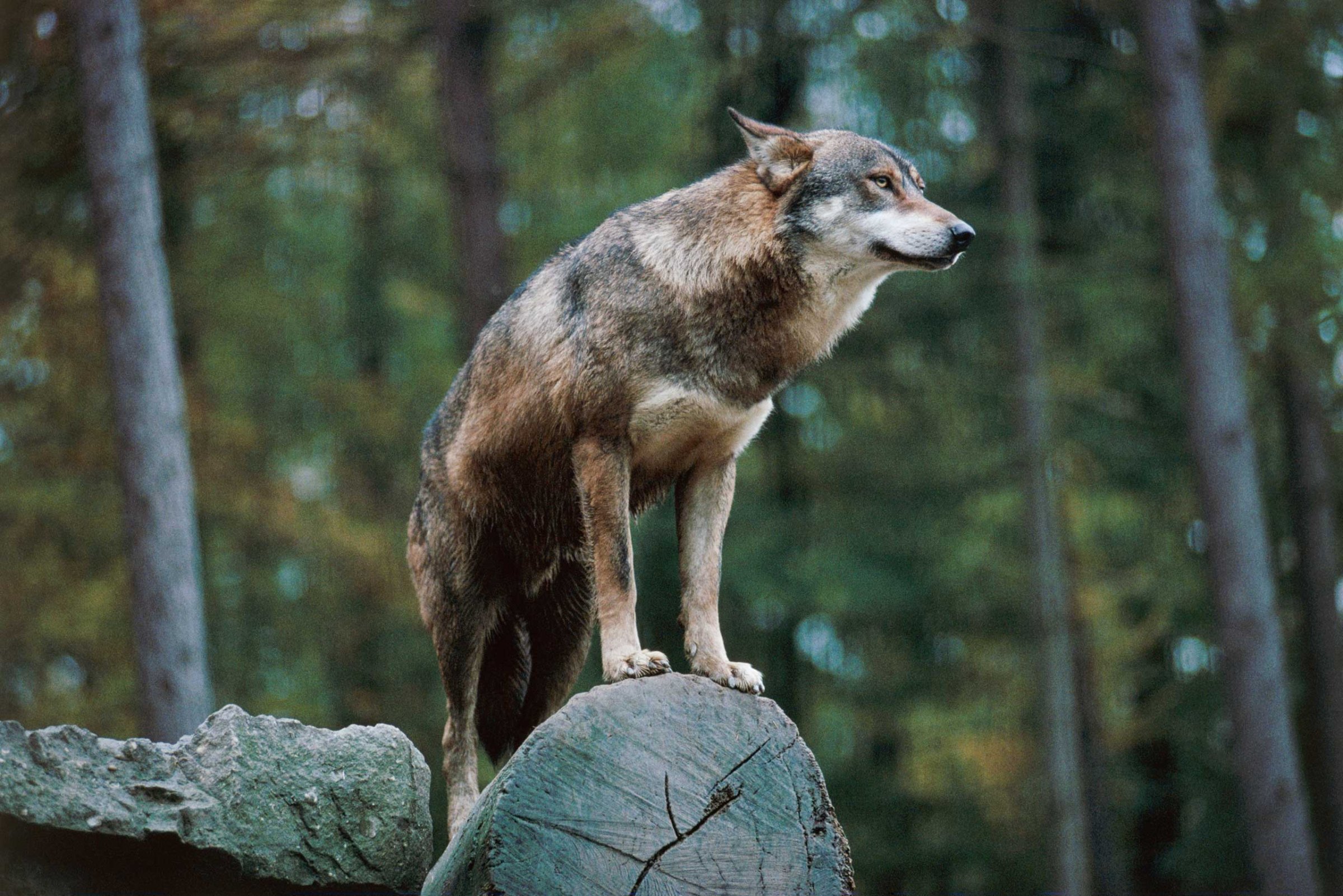
Killing wolves that prey on sheep and cattle leads to the death of more livestock, according to a new study.
Prior to the Washington State University study, the practice of culling wolves to save livestock had been a “widely accepted, but untested, hypothesis,” according to the authors. But it may be that killing wolves disrupts wolf packs in a way that leads them to hunt for livestock, which are relatively stationary, rather than the more mobile deer and elk.
“The odds of livestock depredations increased 4% for sheep and 5–6% for cattle with increased wolf control,” the study found.
The study, which looks at 25 years of government data, found that killing wolves only helps protect livestock after 25% of a wolf population has been killed. But regulations designed to protect wildlife make it unfeasible to kill that many of the animal.
“The only way you’re going to completely eliminate livestock depredations is to get rid of all the wolves,” said study author Rob Wielgus, a Washington State University wildlife biologist. “Society has told us that that’s not going to happen.”
More Must-Reads From TIME
- The 100 Most Influential People of 2024
- Coco Gauff Is Playing for Herself Now
- Scenes From Pro-Palestinian Encampments Across U.S. Universities
- 6 Compliments That Land Every Time
- If You're Dating Right Now , You're Brave: Column
- The AI That Could Heal a Divided Internet
- Fallout Is a Brilliant Model for the Future of Video Game Adaptations
- Want Weekly Recs on What to Watch, Read, and More? Sign Up for Worth Your Time
Write to Justin Worland at justin.worland@time.com